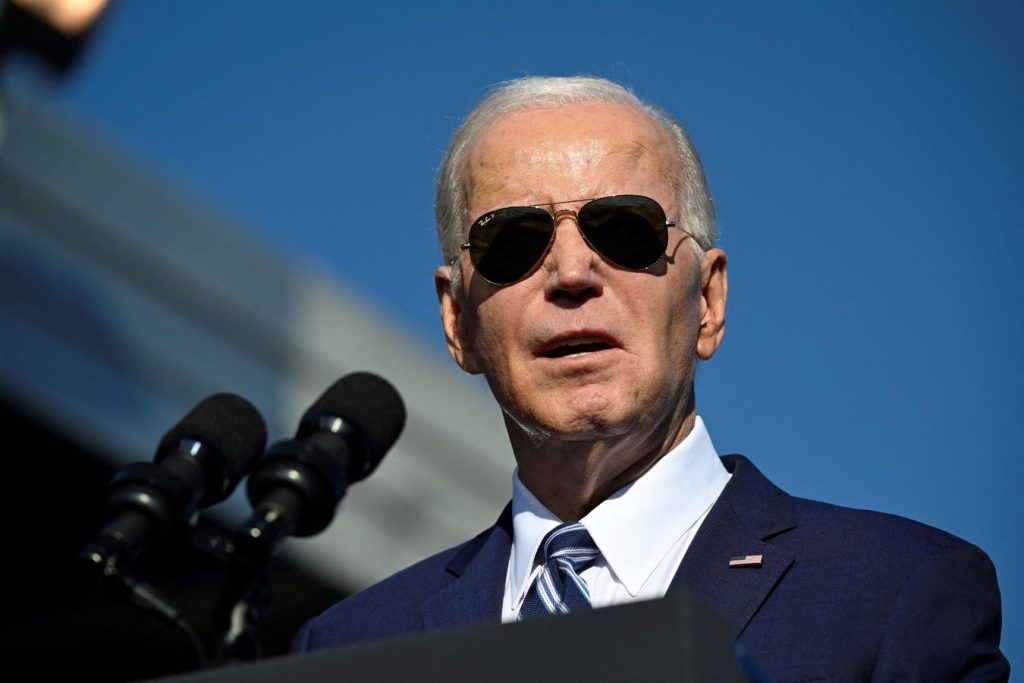Hundreds of thousands of borrowers have received email notifications in the last several months indicating that they have been approved for student loan forgiveness under the IDR Account Adjustment initiative.
The IDR Account Adjustment is a temporary Biden administration initiative that allows the Education Department to credit borrowers with time toward a 20 or 25-year loan forgiveness term under income-driven repayment plans. The benefit is available even for those who aren’t currently enrolled in an IDR plan. Under the initiative, borrowers who receive enough credit to reach their loan forgiveness milestone would receive a discharge of their student loan balance. 804,000 borrowers were notified in July that they qualify for student loan forgiveness, and another 51,000 were approved in September.
But some borrowers who expected to get discharge notifications have not received an email. There could be several reasons why.
Some Borrowers May Need To Consolidate To Qualify For IDR Student Loan Forgiveness
Borrowers who have government-held federal student loans, including Direct loans and federally-owned FFEL-program loans, can receive the benefits of the IDR Account Adjustment automatically, including student loan forgiveness. But borrowers with commercially owned FFEL loans and other types of non-Direct federal student loans (such as Perkins loans) would have to consolidate those loans via the federal Direct consolidation loan program to qualify for the IDR Account Adjustment.
There’s still time, however. Borrowers who must consolidate to qualify for the initiative have until December 31, 2023 to apply.
Not All Loan Periods Count Toward Student Loan Forgiveness Under Adjustment
A common misconception about the IDR Account Adjustment is that loans that are at least 25 years old would automatically qualify for student loan forgiveness. But that’s not necessarily the case.
Many past loan periods can count toward loan forgiveness under the adjustment. This includes most past periods of repayment, many types of deferments, and extended forbearance periods that either lasted for 12 consecutive months or longer or three years cumulatively.
But other loan periods don’t count toward student loan forgiveness under the IDR Account Adjustment. This includes in-school deferments, short-term forbearances (unless the borrower can demonstrate that they were wrongfully steered into that forbearance), periods of default prior to March 2020, and bankruptcy periods. The Education Department also can’t count any periods of repayment prior to July 1, 1994, when the first IDR plan was created.
Borrowers Could Be Short Of Student Loan Forgiveness Threshold
Since not all past loan periods count toward student loan forgiveness under the IDR Account Adjustment, even borrowers whose loans were originated more than 20 or 25 years ago may not quite have reached the milestone for discharge.
Those who don’t qualify for an immediate discharge will still receive IDR credit under the adjustment. But these borrowers would need to continue repaying their loans under an IDR plan until reaching the threshold for loan forgiveness. The Education Department won’t be publishing IDR payment counts for these individuals until sometime in 2024.
Incomplete Loan Data Could Result In Some Periods Not Counting Toward Student Loan Forgiveness
Another possible issue for some borrowers could be defective loan data. The Education Department relies on data submitted by loan servicers to a system called the National Student Loan Data System, or NSLDS. But sometimes, NSLDS data can be incorrect or incomplete, particularly for older loan periods. For example, if a student loan was not reported as “in repayment” for a particular time — say, from 2000 to 2005 — the Education Department may not pick up that period as eligible for IDR credit when it runs the adjustment.
Borrowers can download their NSLDS data file by logging into their account at StudentAid.gov. If a particular period has an error or hasn’t been counted, you can submit a dispute to the department.
Incorrect Contact Details Could Result In A Missed Student Loan Forgiveness Notice
Borrowers who qualify for student loan forgiveness under the IDR Account Adjustment are primarily being notified by email. But if the Education Department does not have a current email address on file, a borrower may not receive the notification.
It’s important to keep your contact information up to date — not only with your loan servicer, but also with the U.S. Department of Education. Borrowers can review and update their contact information via StudentAid.gov.
Failure To Certify Employment For PSLF Can Delay Student Loan Forgiveness
The IDR Account Adjustment doesn’t just provide retroactive credit toward 20- and 25-year IDR loan forgiveness; it can also provide credit toward Public Service Loan Forgiveness. PSLF can result in a complete federal student loan discharge after 120 qualifying payments, the equivalent of 10 years — potentially much sooner than the 20- or 25-year thresholds for IDR loan forgiveness.
But only Direct loans qualify for PSLF. And to receive PSLF credit, borrowers must certify their employment by completing the PSLF Employment Certification process. Failure to do so by December 31, 2023 could result in borrowers missing out on PSLF credit or delaying their loan forgiveness eligibility.
PSLF Backlog Resulting In Slow Student Loan Forgiveness Approvals
According to the Education Department, 53,000 borrowers were recently approved for student loan forgiveness through PSLF and the IDR Account Adjustment. But even borrowers who reach the 120 qualifying payment threshold and properly certify their employment for PSLF may encounter delays before seeing their balance zeroed out.
It may take six months or longer for MOHELA, the department’s contracted PSLF servicer, to process employment certifications and update PSLF payment counts. And once a borrower has officially reached the 120 payment mark, it may take another 60 to 90 days before they are notified that their loans have been discharged.
Further Student Loan Forgiveness Reading
Denied Student Loan Forgiveness? Borrowers Can Now ‘Buy Back’ Credit, Within Limits
Student Loan Forgiveness And Repayment Plans At Major Risk As Problems Worsen
Biden’s New Student Loan Forgiveness Plan Starts To Take Shape
‘A Big Deal’: Student Loan Forgiveness Approved For 3.6 Million Borrowers
Read the full article here




